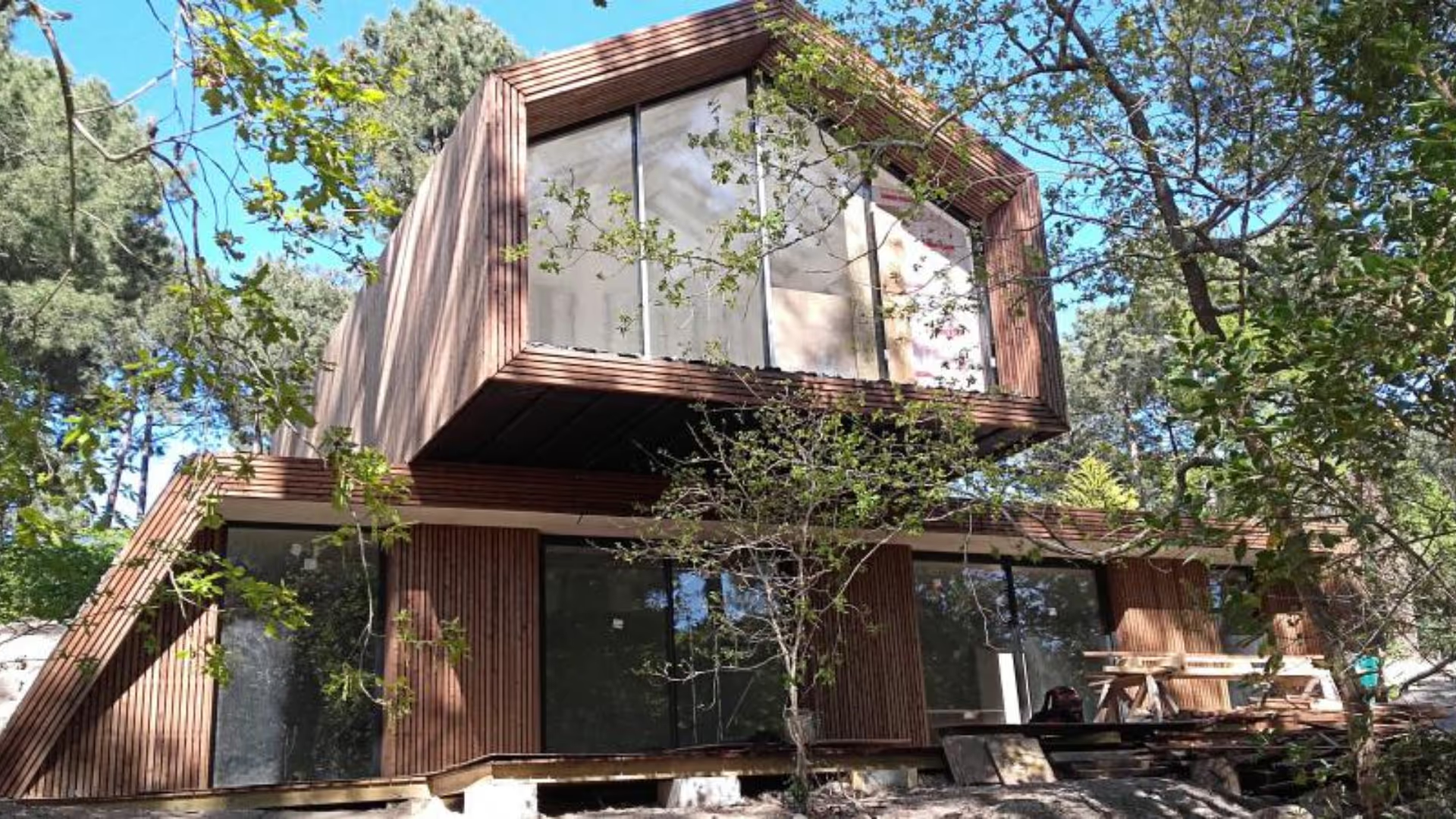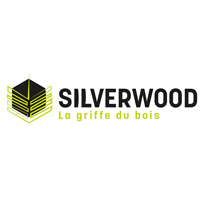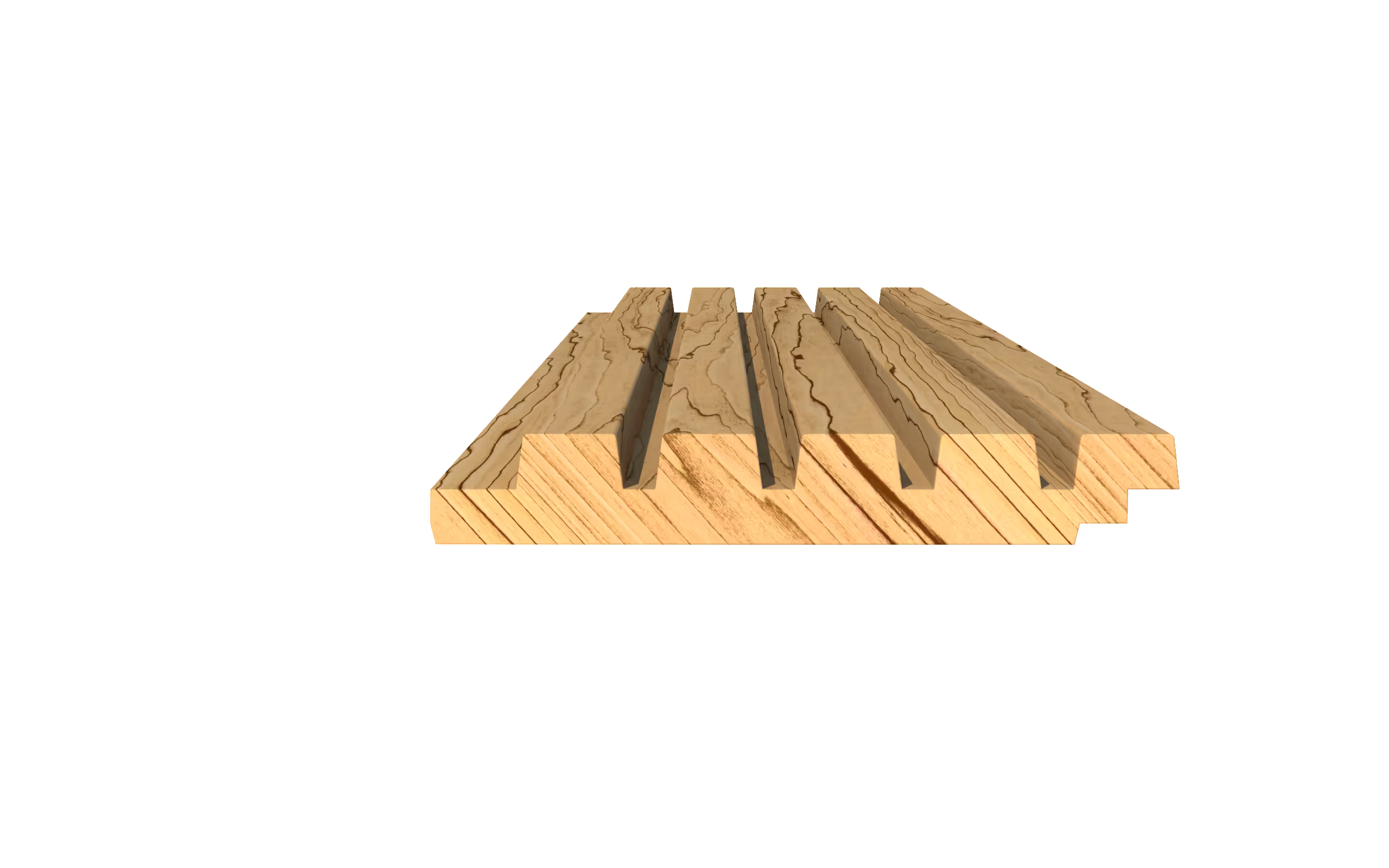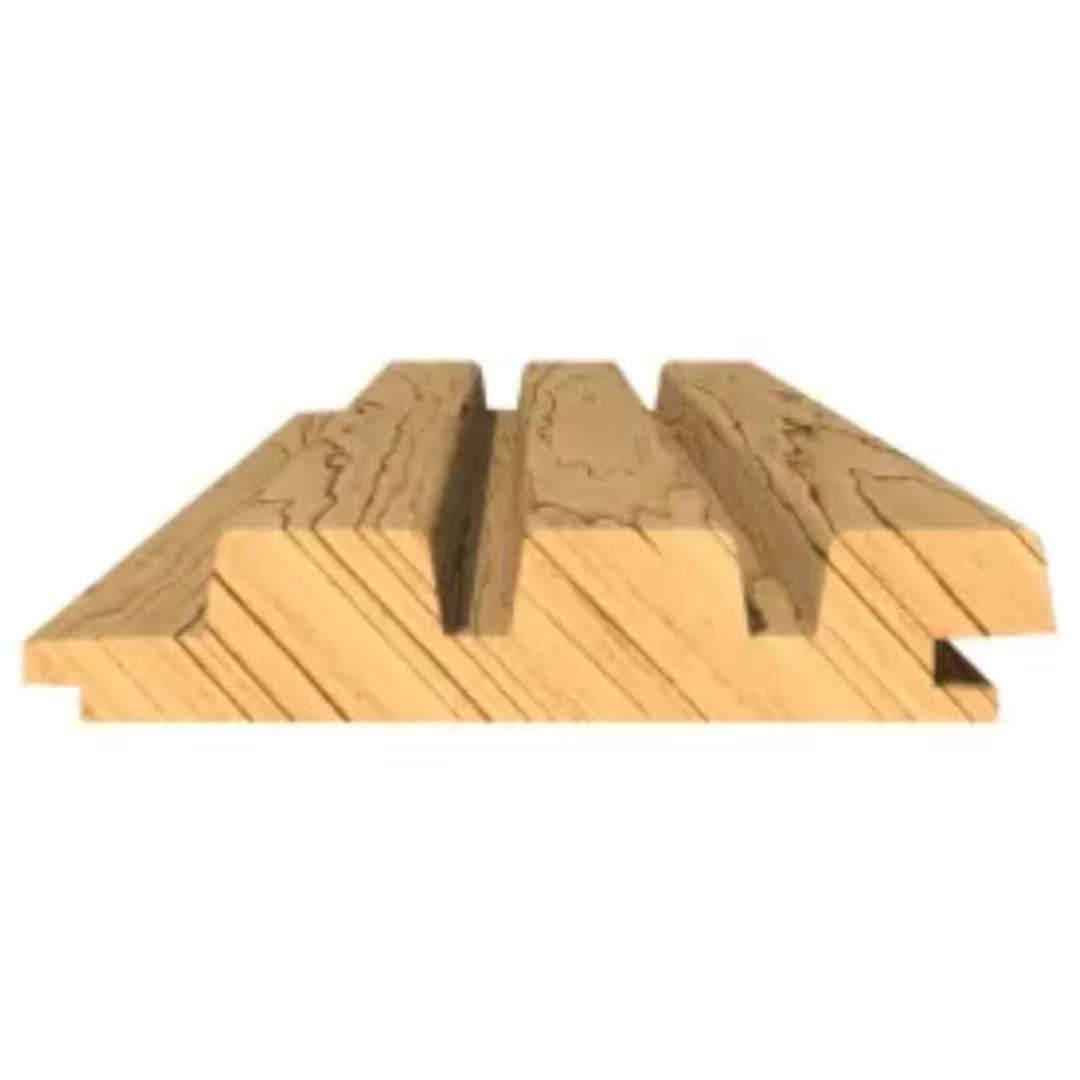Bardage agricole
VUE ENTREPRISE
46 résultats
46 résultats
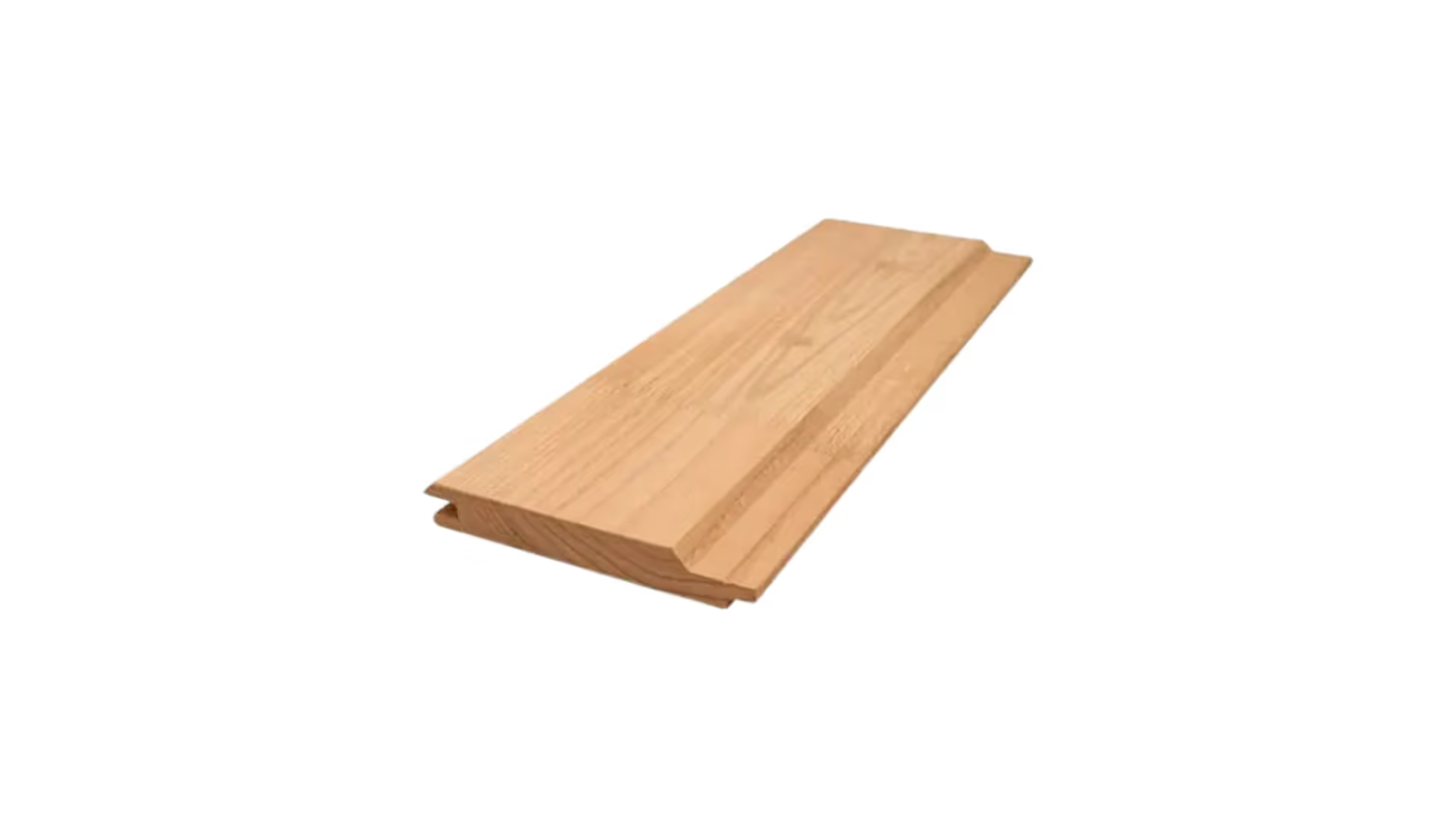
Bardage Modèle F6
Bardage
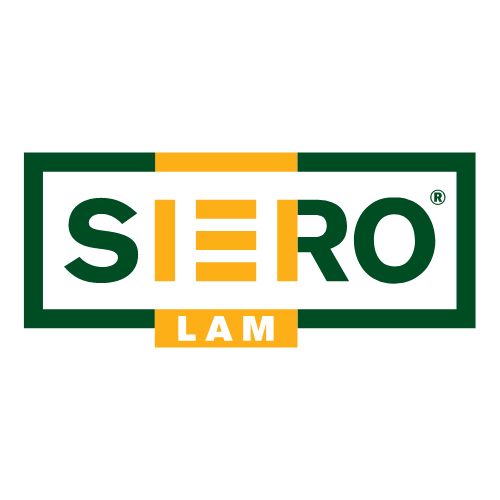
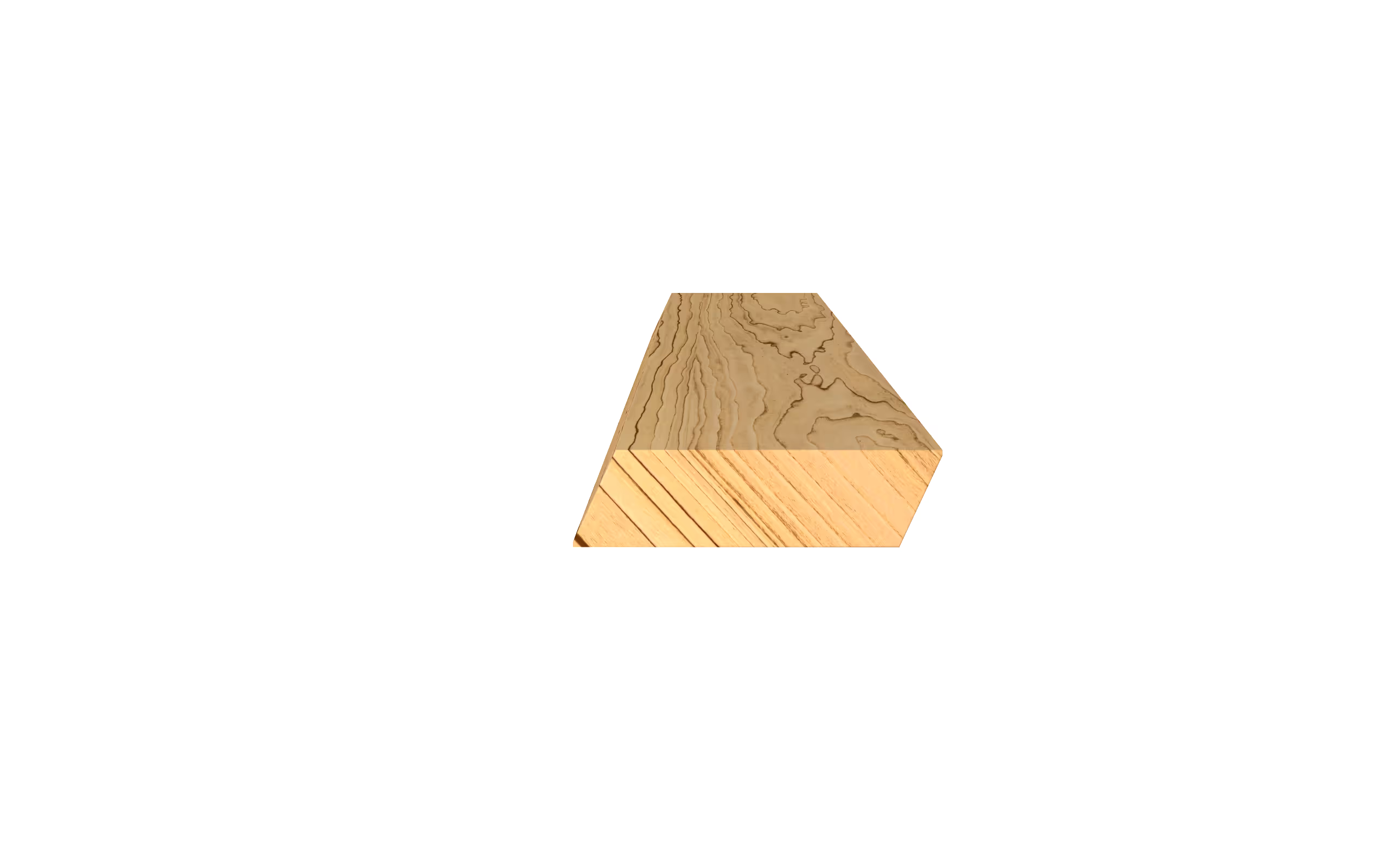
Para18 x 68 mm pin
Bardage
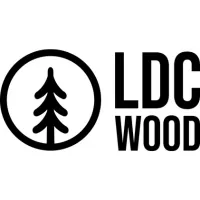
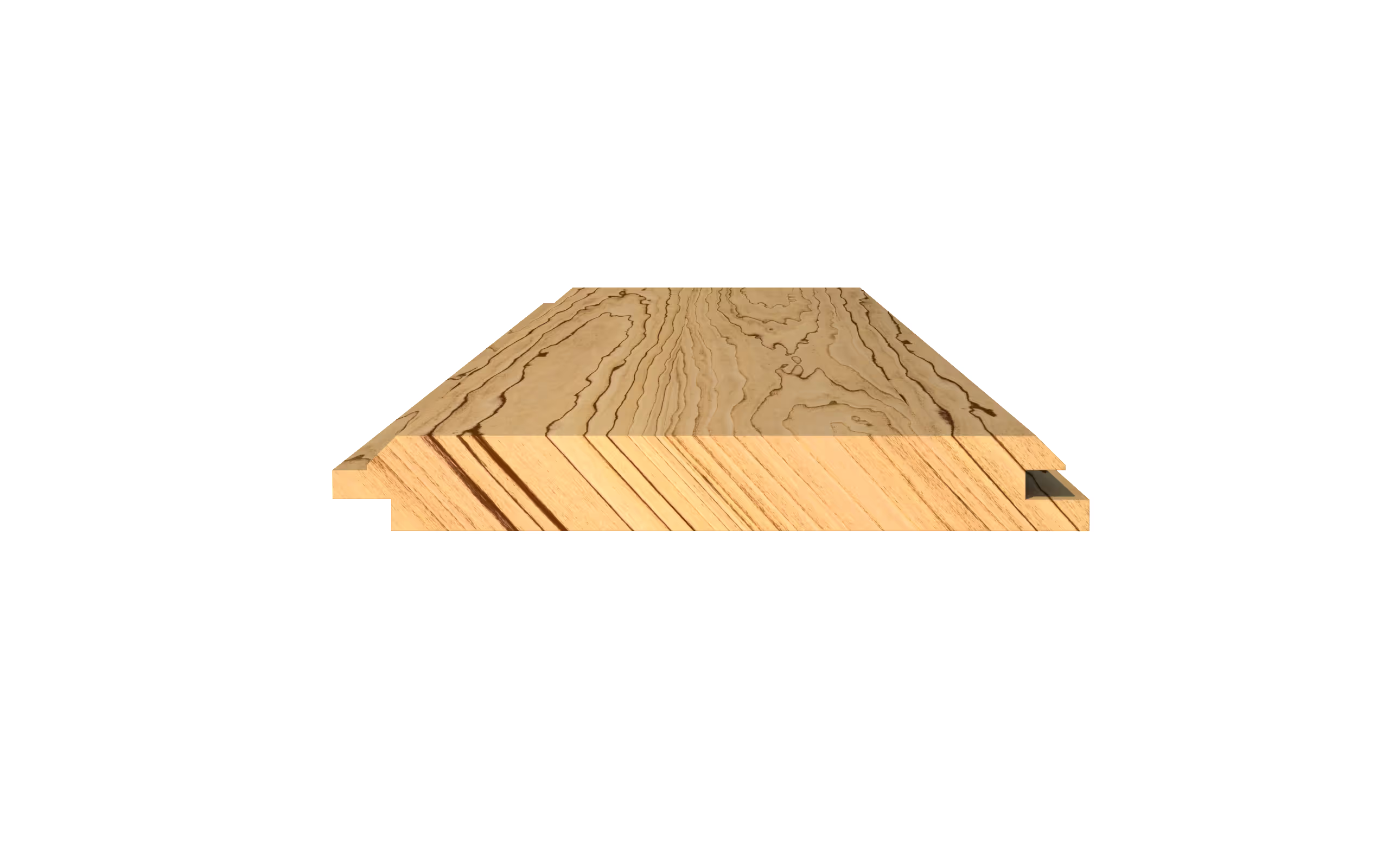
Alta 18 x 142 (131) mm
Bardage

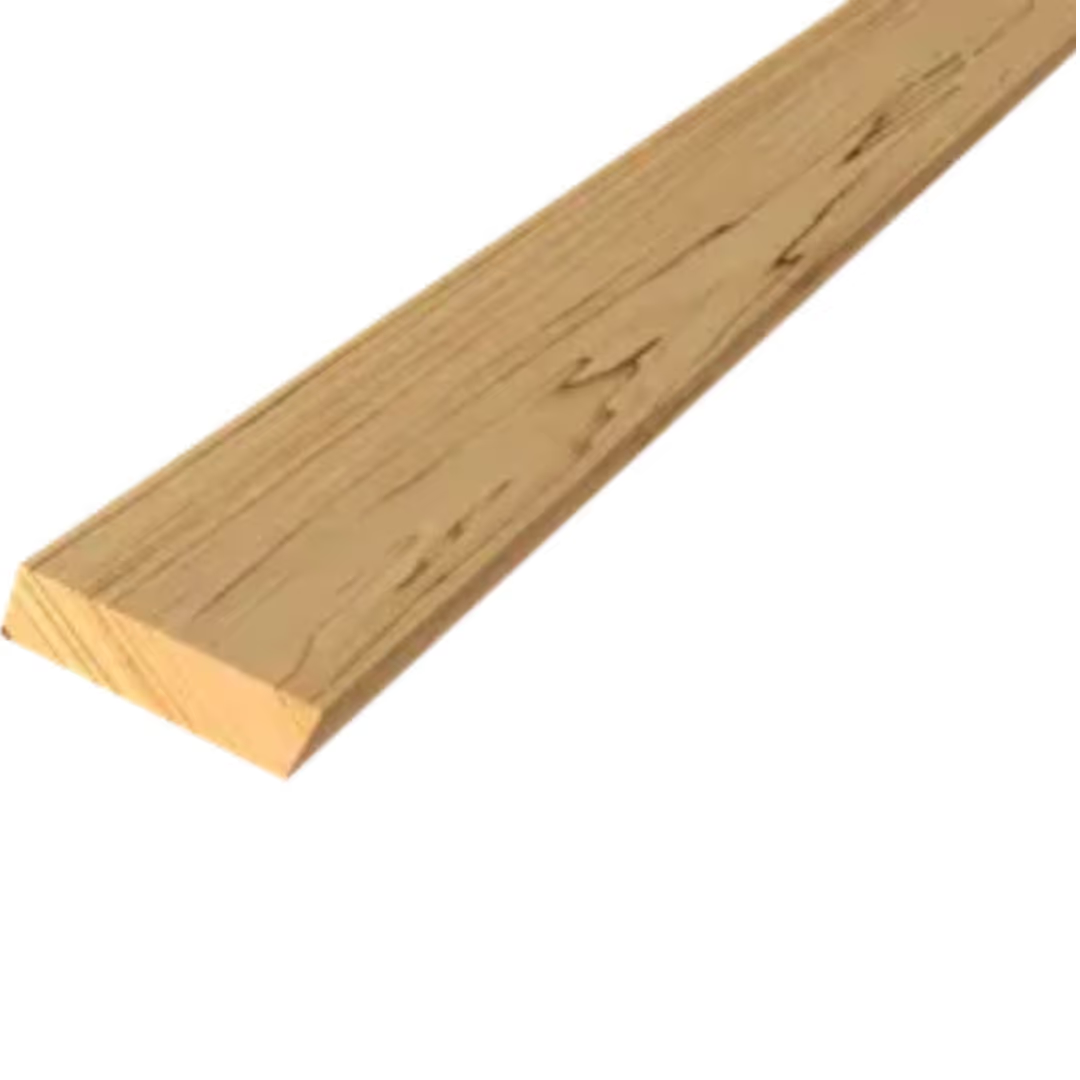
Para 18 x 68 mm épicéa
Bardage

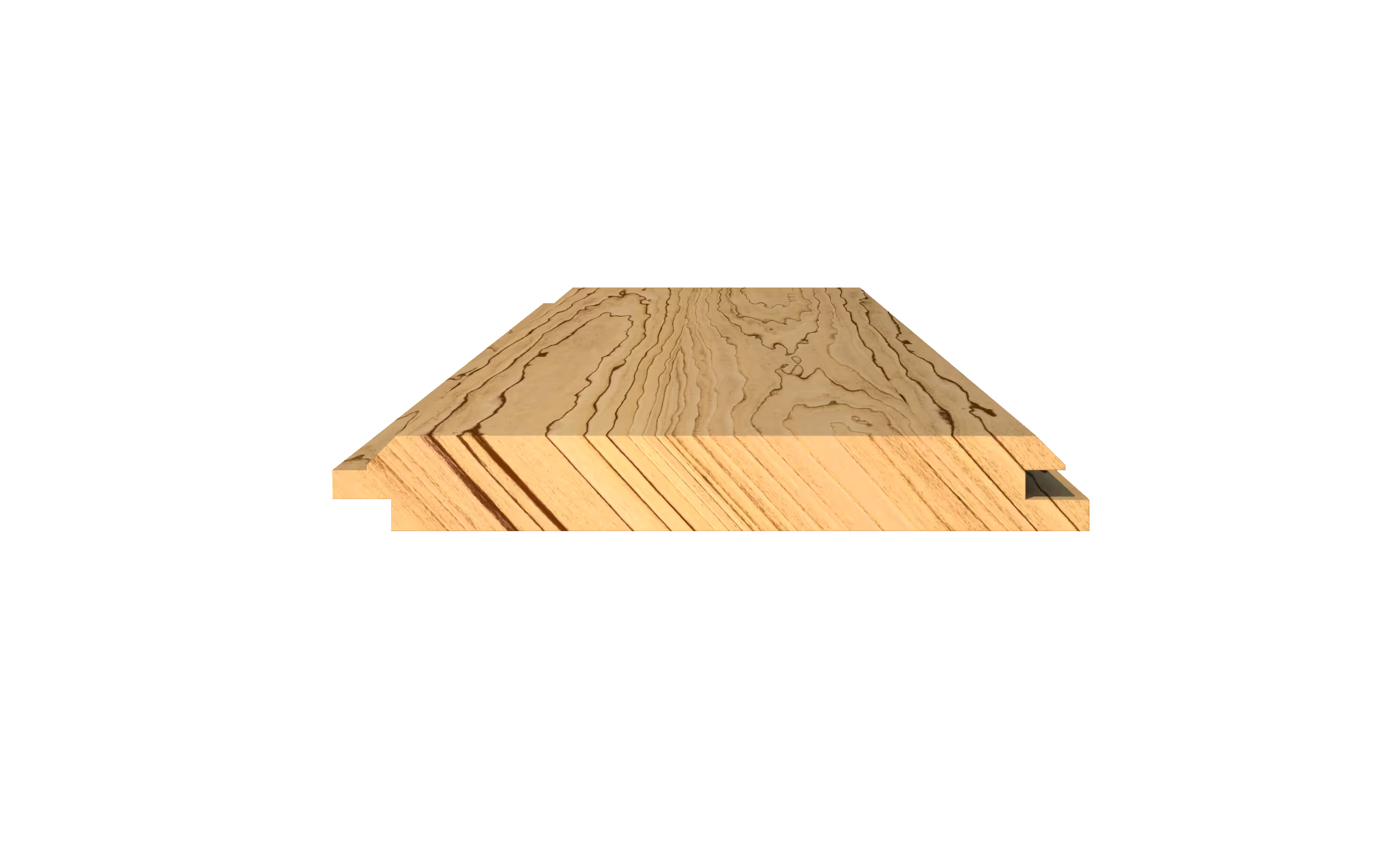
Alta 18 x142 (131) mm épicéa
Bardage

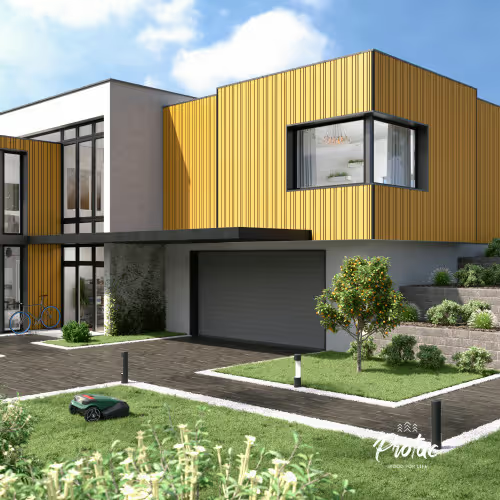
Eclips épicéa profil eclips 97
Bardage

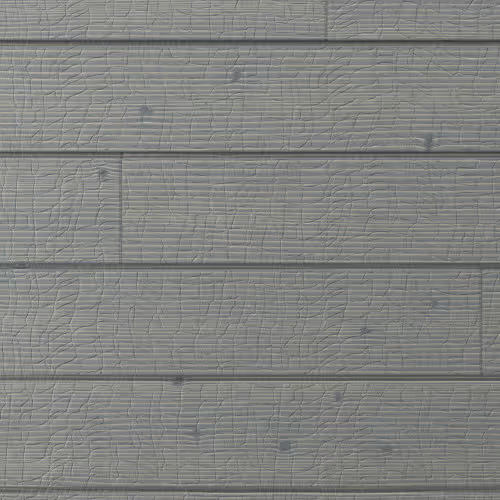
Aspect brûlé épicéa profil Inca.
Bardage

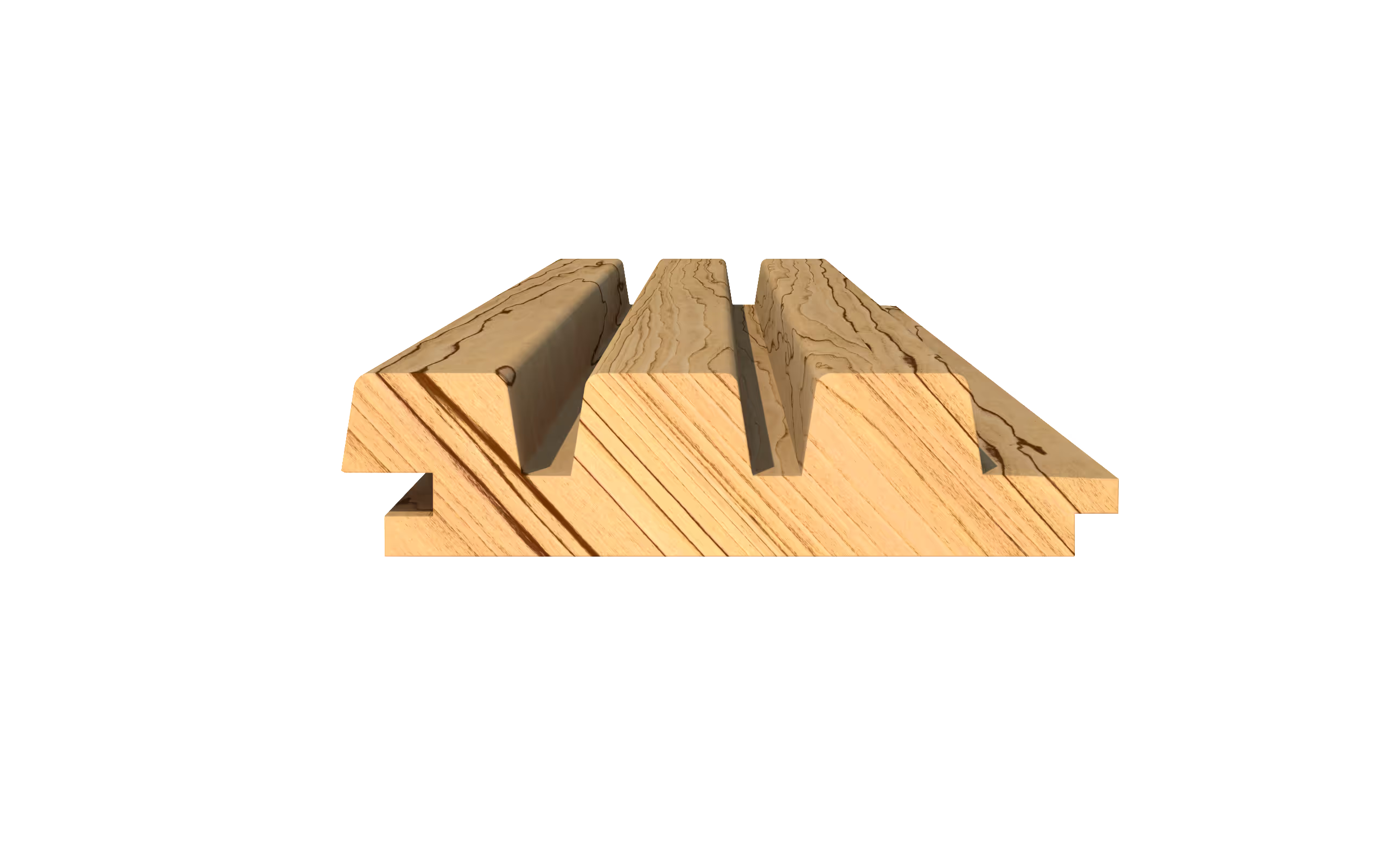
Bogo 34 x 143,5 (127,5) mm pin
Bardage

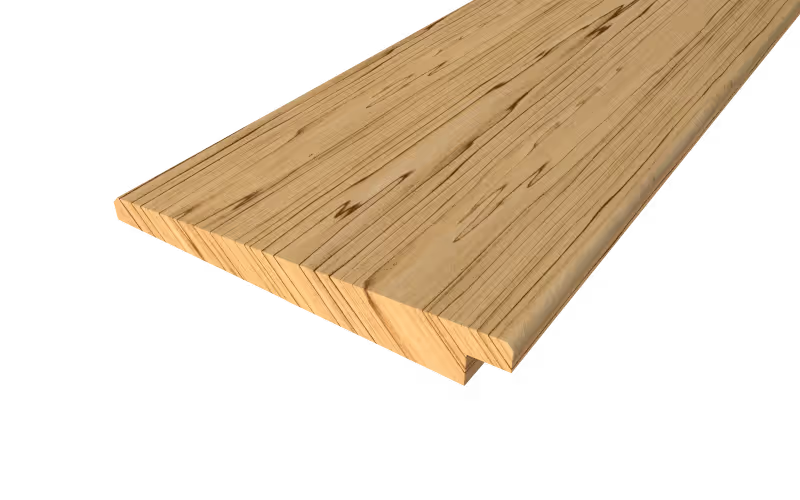
Jamy 11,5/25 x 190 (175) mm pin
Bardage

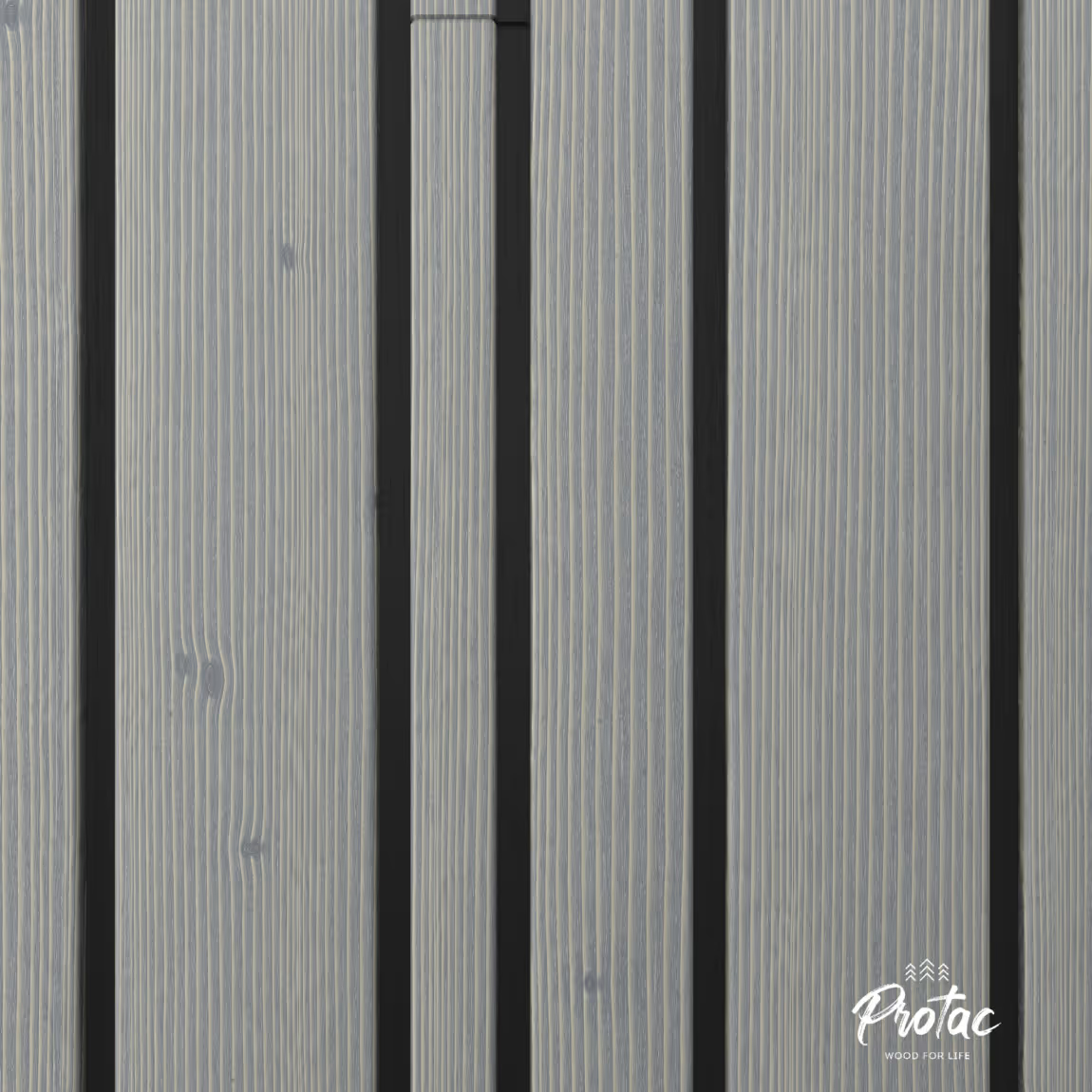
Eclips épicéa profil eclips 59
Bardage

Planche de bardage agricole : pour quoi faire ?
Le Bardage Agricole est un bardage en bois prévu pour recouvrir les façades de vos bâtiments agricoles, abris et autres hangars.
Sur WoodPartners, vous pourrez trouver le professionnel pour acheter vos planches de Bardage Agricole au meilleur prix. Bois brut, 2m, 2,5m, 3m, 4m, pose verticale ou horizontale, clin ou claire-voie, autoclave, classe 4, nous avons tous les types de bardage bois agricole pour votre projet.
Comment choisir le bon type de planche de bardage agricole pour mon projet ?
Pour choisir le bon type de planche de bardage agricole pour votre projet, vous devez déterminer :
- La taille du projet : selon la taille du hangar ou autre, la surface en m2 et donc le prix vont varier, et vous vous orienterez ou non vers du bardage agricole plus ou moins cher,
- La nature du projet : pose sur hangar bois ? Hangar métallique ?
- Le style voulu : petites planches (2m), grandes planches (3m et plus), clin, etc.
- La pose voulue : horizontale ou verticale,
- Le bois voulu : brut, ou plus travaillé.
Déterminez les critères déterminants pour votre projet, et choisissez parmi nos options de bardage agricole, le meilleur prix au m2 !
Comment Trouver le bardage agricole parfait pour son projet :
Découvrez nos offres de bardage agricole en tout genre
Vous voulez trouver le bardage agricole parfait pour votre projet, mais cela implique plusieurs étapes clés, que ce soit des besoins esthétiques ou des exigences fonctionnelles : durabilité, résistance aux intempéries, facilité d'entretien.
Pour identifier le bardage agricole idéal pour votre projet, il faut commencer par évaluer minutieusement les besoins spécifiques de sa structure, comme le type de bâtiment (grange, hangar, serre, etc.) et les conditions climatiques locales, incluant l'exposition au soleil, aux précipitations, aux vents, et à la neige. La compréhension des matériaux disponibles est cruciale :
- le bois offre une esthétique traditionnelle, mais demande un entretien régulier.
- le métal, tel que l'acier ou l'aluminium, est durable et résiste bien aux intempéries, mais peut nécessiter un traitement contre la corrosion.
- le vinyle est peu exigeant en maintenance et résiste à la pourriture, bien qu'il puisse se dégrader sous une forte exposition UV.
- les composites, qui combinent plusieurs matériaux, offrent à la fois durabilité et esthétique, mais à un coût potentiellement plus élevé.
Prendre en compte l'isolation et la ventilation est également essentiel. Un bardage adéquat devrait offrir ou permettre une bonne isolation pour maintenir une température intérieure stable, ainsi qu'une ventilation adéquate pour éviter l'accumulation d'humidité, essentielle à la santé des animaux et des cultures.
La sélection d'un fournisseur fiable et l'option pour une installation professionnelle sont primordiales pour garantir la qualité et la durabilité du bardage. Vous trouverez des fournisseurs réputés sur WoodPartners, vous garantissant une certaine qualité de bardage agricole. Enfin, comprendre les besoins d'entretien et la durabilité du bardage selon les conditions spécifiques de votre exploitation est essentiel pour maintenir votre structure en bon état sur le long terme.
Conseils et entretien bardage agricole
L'entretien du bardage agricole est crucial pour assurer sa longévité, son aspect esthétique, et sa capacité à protéger efficacement vos structures. Une inspection régulière est la première étape indispensable, permettant de détecter et d'adresser rapidement tout signe de dommage tel que fissures, déformations ou corrosion. Un nettoyage périodique avec de l'eau tiède et un détergent doux peut suffire pour certains matériaux comme le vinyle ou le métal peint, tandis que le bois peut nécessiter des produits spécifiques pour éviter la détérioration.
Pour les bardages en bois, l'application de produits de préservation est essentielle pour protéger contre l'humidité, les insectes et la pourriture. Les bardages métalliques, quant à eux, peuvent nécessiter des revêtements anticorrosion pour prévenir la rouille. Il est important de réparer rapidement toute zone endommagée pour éviter les problèmes structurels, en remplaçant les sections abîmées ou en corrigeant les déformations.
La prévention de la corrosion pour les bardages métalliques implique également de s'assurer que le drainage autour des structures est efficace, évitant ainsi l'accumulation d'eau qui peut accélérer la corrosion. Une bonne ventilation est cruciale pour tous les types de bardage, car elle prévient l'accumulation d'humidité sous le bardage, particulièrement critique pour les bardages en bois où l'humidité peut conduire à la pourriture.
Guide d'Achat : Choisir le Bon Bardage Agricole
Lorsqu'il s'agit de sélectionner le bardage adéquat pour vos bâtiments agricoles, plusieurs facteurs clés doivent être pris en compte pour assurer à la fois la durabilité, la fonctionnalité et l'esthétique. Tout d'abord, il faut évaluer ses besoins :
- Type de bâtiment
- Climat
- Esthétique
- Durabilité, entretien
Il faut aussi savoir le matériau qu'il vous faut (bois, métal, acier, vinyle, composite). Sur WoodPartners, vous trouverez ce que vous voulez en bois.
Ensuite, il faut voir les considérations techniques :
- Isolation
- Ventilation
- Installation (facilité d'installation, etc.)
Le dernier facteur à prendre en compte pour choisir son bardage agricole est son budget. Il faut évaluer le prix d'achat, mais aussi les coûts à long terme associés à l'entretien et à la durabilité des matériaux.
